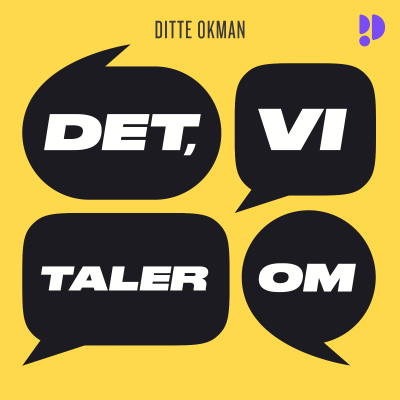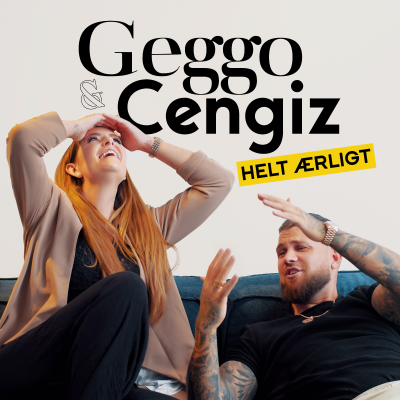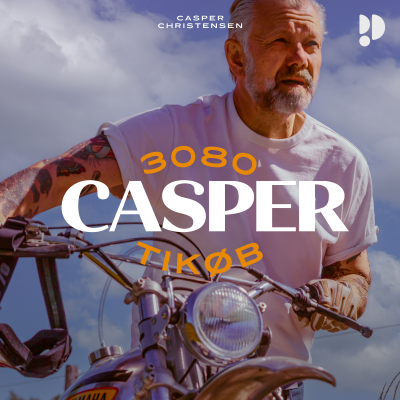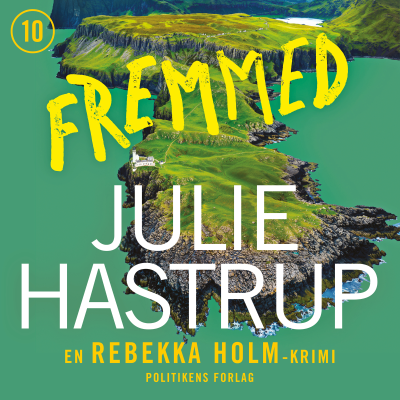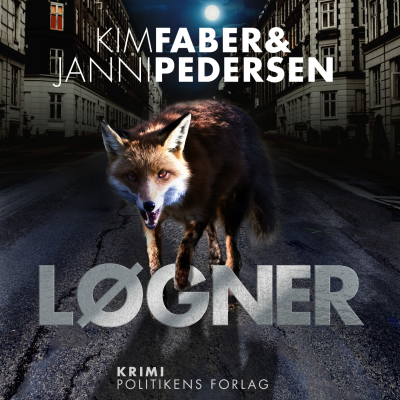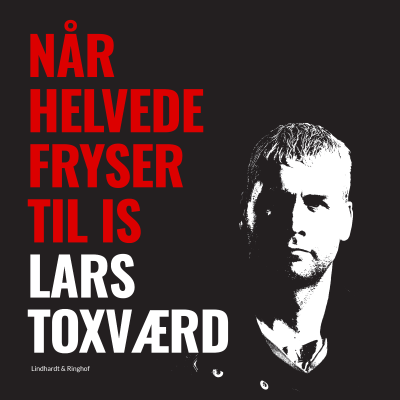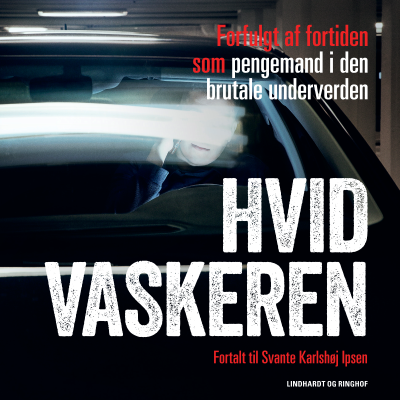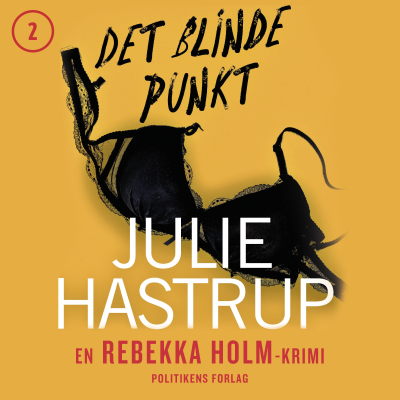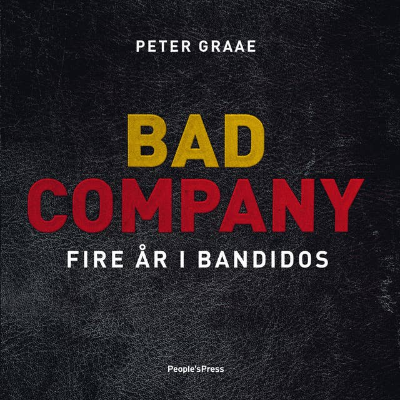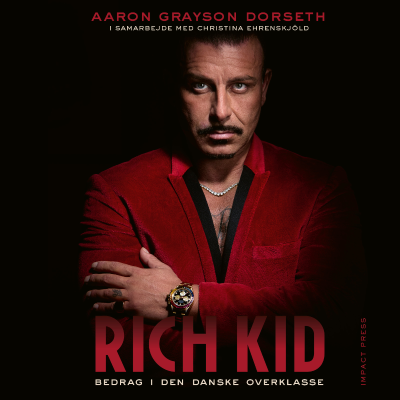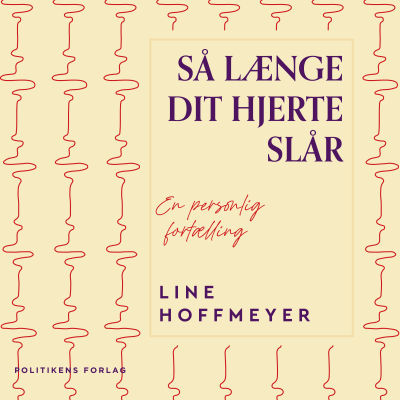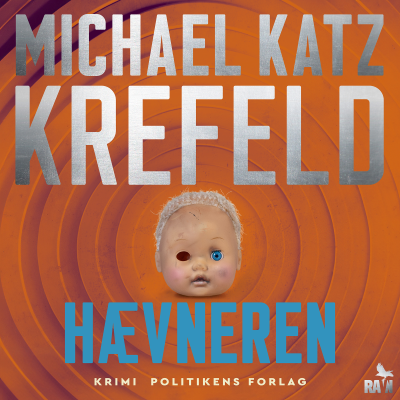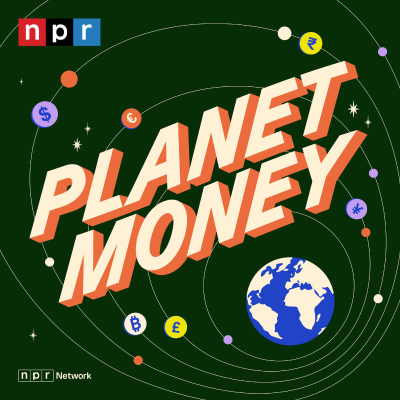
Planet Money
Podcast by NPR
Wanna see a trick? Give us any topic and we can tie it back to the economy. At Planet Money, we explore the forces that shape our lives and bring you ...
Start 7 days free trial
After trial, only 79,00 kr. / month.Cancel anytime.
All episodes
1221 episodesEver since free trade opened up between the US and Mexico in the 1990s, trillions of dollars of goods have been going back and forth between the two countries, from cars to strawberries to MRI machines to underwear. But one major exception has been fresh American potatoes. Today on the show, we tell the trade saga of the American potato. For more than 25 years, there was a place that American potatoes could not go to freely. A place that the entire American potato industry was desperate to access. A vast, untapped market: Mexico. But standing in their way – the Mexican potato lobby and a trade loophole. This episode was hosted by Erika Beras and Jeff Guo. It was produced by Willa Rubin and edited by Meg Cramer. It was fact-checked by Sierra Juarez. Engineering by Cena Loffredo. Alex Goldmark is Planet Money's executive producer. Help support Planet Money and hear our bonus episodes by subscribing to Planet Money+ in Apple Podcasts [http://n.pr/PM-digital] or at plus.npr.org/planetmoney [https://n.pr/3HlREPz]. Learn more about sponsor message choices: podcastchoices.com/adchoices [https://podcastchoices.com/adchoices] NPR Privacy Policy [https://www.npr.org/about-npr/179878450/privacy-policy]
If you believe the hype, translators will all soon be out of work. Luis von Ahn, CEO and co-founder of the language learning app Duolingo, doesn't think AI is quite there... yet. In this interview, Greg Rosalsky talks with Luis about AI and how it's reshaping translation jobs and the language learning industry. We also ask him about headlines earlier this year suggesting Duolingo laid off some of its workers and replaced them with AI. This is one of Greg's Behind The Newsletter conversations where he shares his interviews with policy makers, business leaders, and economists who appear in The Planet Money Newsletter. This episode was first released as a bonus episode for Planet Money+ listeners earlier this year. We're sharing it today for all listeners. To hear more episodes like this one and support NPR in the process, sign up for Planet Money+ at plus.npr.org [https://plus.npr.org/]. We'll have a fresh bonus episode out in two weeks! You can sign up for the The Planet Money Newsletter and check out past editions here: https://www.npr.org/planetmoneynewsletter [https://www.npr.org/planetmoneynewsletter] Learn more about sponsor message choices: podcastchoices.com/adchoices [https://podcastchoices.com/adchoices] NPR Privacy Policy [https://www.npr.org/about-npr/179878450/privacy-policy]
After the gift exchange comes another great holiday tradition: returns season. Once again, we are joining the fun in our own Planet Money way. We are returning to stories from years past to see what's changed since we last reported them. It's an episode we call The Rest of the Story. We have updates on zombie mortgages, student loan forgiveness, Argentina's economy under its self-described anarcho-capitalist president, and the best place in the world to give birth to twins. Plus, a return to... returns. So while you're looking for that holiday sweater in a better size, or waiting in line to trade in your Dutch oven for an air fryer, take a listen to all our latest little audio gifts. And see you in 2025! This episode was hosted by Alexi Horowitz-Ghazi. It was produced by Sam Yellowhorse Kesler, and edited by Keith Romer and Jess Jiang. It was fact-checked by Sierra Juarez and engineered by Cena Loffredo. Alex Goldmark is Planet Money's executive producer. Help support Planet Money and hear our bonus episodes by subscribing to Planet Money+ in Apple Podcasts [http://n.pr/PM-digital] or at plus.npr.org/planetmoney [https://n.pr/3HlREPz]. Learn more about sponsor message choices: podcastchoices.com/adchoices [https://podcastchoices.com/adchoices] NPR Privacy Policy [https://www.npr.org/about-npr/179878450/privacy-policy]
This year, there was some economic good news to go around. Inflation generally ticked down. Unemployment more or less held around 4-percent. Heck, the Fed even cut interest rates three times. But for a lot of people, the overall economic vibes were more important. And the vibes... were still off. We might have achieved the soft landing the Fed was hoping for, but we saw some wackiness in the relationship between unemployment and job vacancies. Meanwhile, Bitcoin went to the moon. We have covered all of that in this past year, but which of these economic stories really defined the year? Fortunately, we don't have to decide. You all do. On today's show, a collaboration with our daily podcast The Indicator, we have Indicator Family Feud! Two Planet Money hosts enter, one Indicator host... also enters. And all three leave, having had a great time with lively discussion and light ribbing. Plus, some mild scheduling issues. But, we can't stress enough that no hosts were harmed in the making of this podcast. Then, we look ahead to 2025 to see what indicators we think will define the coming year – the future and the past, on our latest episode! Help support Planet Money and hear our bonus episodes by subscribing to Planet Money+ in Apple Podcasts [http://n.pr/PM-digital] or at plus.npr.org/planetmoney [https://n.pr/3HlREPz]. Learn more about sponsor message choices: podcastchoices.com/adchoices [https://podcastchoices.com/adchoices] NPR Privacy Policy [https://www.npr.org/about-npr/179878450/privacy-policy]
Our planet is in serious trouble. There are a million species of plants and animals in danger of extinction, and the biggest cause is companies destroying their habitats to farm food, mine minerals, and otherwise get the raw materials to turn into the products we all consume. So, when Mauricio Serna was in college, he realized his family's plot of land in Colombia, called El Globo, presented a unique opportunity. Sure, it had historically been a cattle ranch. But if he could get the money to turn it back into cloud forest, perhaps it could once again be a habitat for the animals who used to live there — animals like the yellow-eared parrot, the tree ocelot, and the spectacled bear (of Paddington fame). On today's show, Mauricio's quest to make a market for a new-ish financial instrument: the biodiversity credit. We peek under the hood to try to figure out how these credits actually work. Is the hype around them a bunch of hot air? Or could they be a critical tool for saving thousands of species around the world? Today's episode was hosted by Stan Alcorn and Alexi Horowitz-Ghazi. It was co-reported by Tomás Uprimny. It was produced by James Sneed, edited by Jess Jiang, fact-checked by Sierra Juarez, and engineered by Cena Loffredo. Alex Goldmark is Planet Money's executive producer. Help support Planet Money and hear our bonus episodes by subscribing to Planet Money+ in Apple Podcasts [http://n.pr/PM-digital] or at plus.npr.org/planetmoney [https://n.pr/3HlREPz]. Learn more about sponsor message choices: podcastchoices.com/adchoices [https://podcastchoices.com/adchoices] NPR Privacy Policy [https://www.npr.org/about-npr/179878450/privacy-policy]
Available everywhere
Listen to Podimo on your phone, tablet, computer or car!
A universe of audio entertainment
Thousands of audiobooks and exclusive podcasts
No ads
Don't waste time listening to ad breaks when listening to Podimo's content.
Start 7 days free trial
After trial, only 79,00 kr. / month.Cancel anytime.
Exclusive podcasts
Ad free
Non-Podimo podcasts
Audiobooks
20 hours / month
